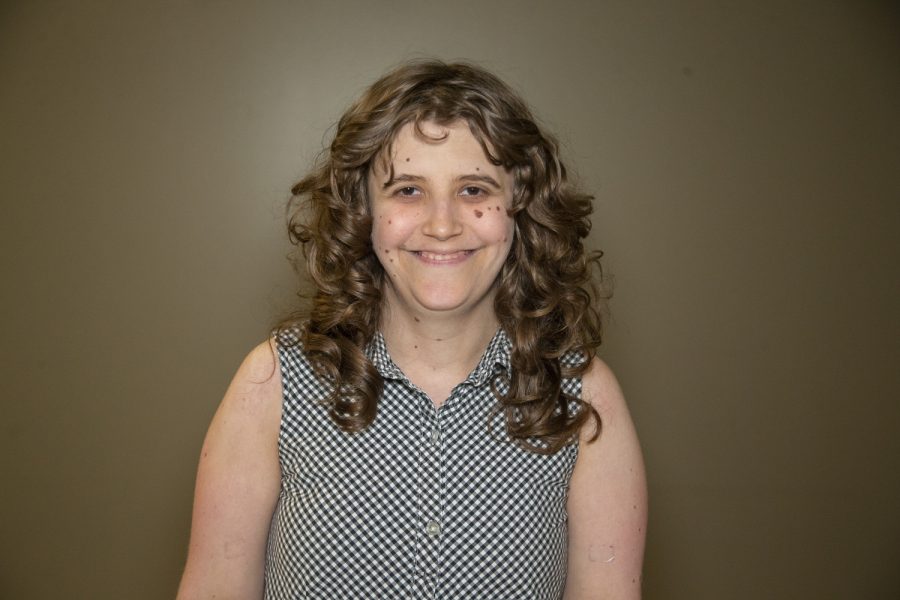Opinion | How Turner syndrome inspired me to join the DI’s DEI Committee
I joined The Daily Iowan’s Diversity, Equity, and Inclusion Committee because I have an overlooked and poorly portrayed condition.
April 18, 2021
Turner syndrome led me to one of the most impactful experiences. Having a medical condition that media organizations often overlook or misrepresent is what inspired me to join The Daily Iowan’s Diversity, Equity, and Inclusion Committee. Turner syndrome is rarely in the media and is not portrayed well when it is.
WPLG Local 10 did a story about a girl with Turner syndrome and a serious heart defect. The headline, “Potentially deadly syndrome affects only females,” is misleading. Heart conditions, which are common with Turner syndrome, are serious. However, Turner syndrome is not a terminal disease. Calling it a deadly syndrome makes it seem like clickbait instead of being accurate.
This is why it’s important to have diversity training like ones the DI has held, which emphasize the importance of doing research when writing about identities we ourselves do not have. If the journalist had asked a source or researched the average life expectancy of someone with Turner syndrome, this mistake could have been avoided.
Commentators even made religious and political jokes on the story. Those jokes aren’t necessary. People with Turner syndrome go through many serious and scary medical procedures, requiring utmost courage. I’ve been told at 18 years old I would probably need open heart surgery and took a daily growth hormone for years.
People who choose to tell their story deserve respect instead of jokes. Turner syndrome needs to be portrayed more accurately so there is an understanding of it.
Law and Order SVU had a character with Turner syndrome. The show said people with Turner syndrome are trapped in the bodies of children. This type of rhetoric is harmful to the mental health of people with Turner syndrome who are already self-conscious about being short, looking a couple years younger, and their body developing slower than that of their peers. Even if I don’t look 22, I’m a legal adult. My body is that of one.
This is why it’s valuable the DI’s DEI team is willing to talk about how to make coverage more inclusive of all people — including those with disabilities. The first step towards fixing these portrayals is journalists being willing to listen and learn like the DI is.
People with disabilities are often overlooked in the media and diversity discussions. I’m blessed beyond words to have a DEI committee which has not overlooked and sees the value behind the stories of others like me.
Our DEI team’s mission statement of giving a voice to underrepresented communities has a special place in my heart because it shows nobody should be embarrassed about an identity they have. I used to be embarrassed to talk about Turner syndrome to even my closest friends.
We refer to a style guide, which is based on a University of Iowa-developed style guide, with terms not to use and not use when referring to certain groups of people. Adjusting our vocabulary is not just about political correctness but showing people you genuinely care about them.
I’m thankful for a platform to share my story and a DEI team which shares my passion for fixing portrayals of Turner syndrome and other identities. Accuracy and respect are vital because we’re all valuable and newsworthy human beings with stories worth telling.
Columns reflect the opinions of the authors and are not necessarily those of the Editorial Board, The Daily Iowan, or other organizations in which the author may be involved.














